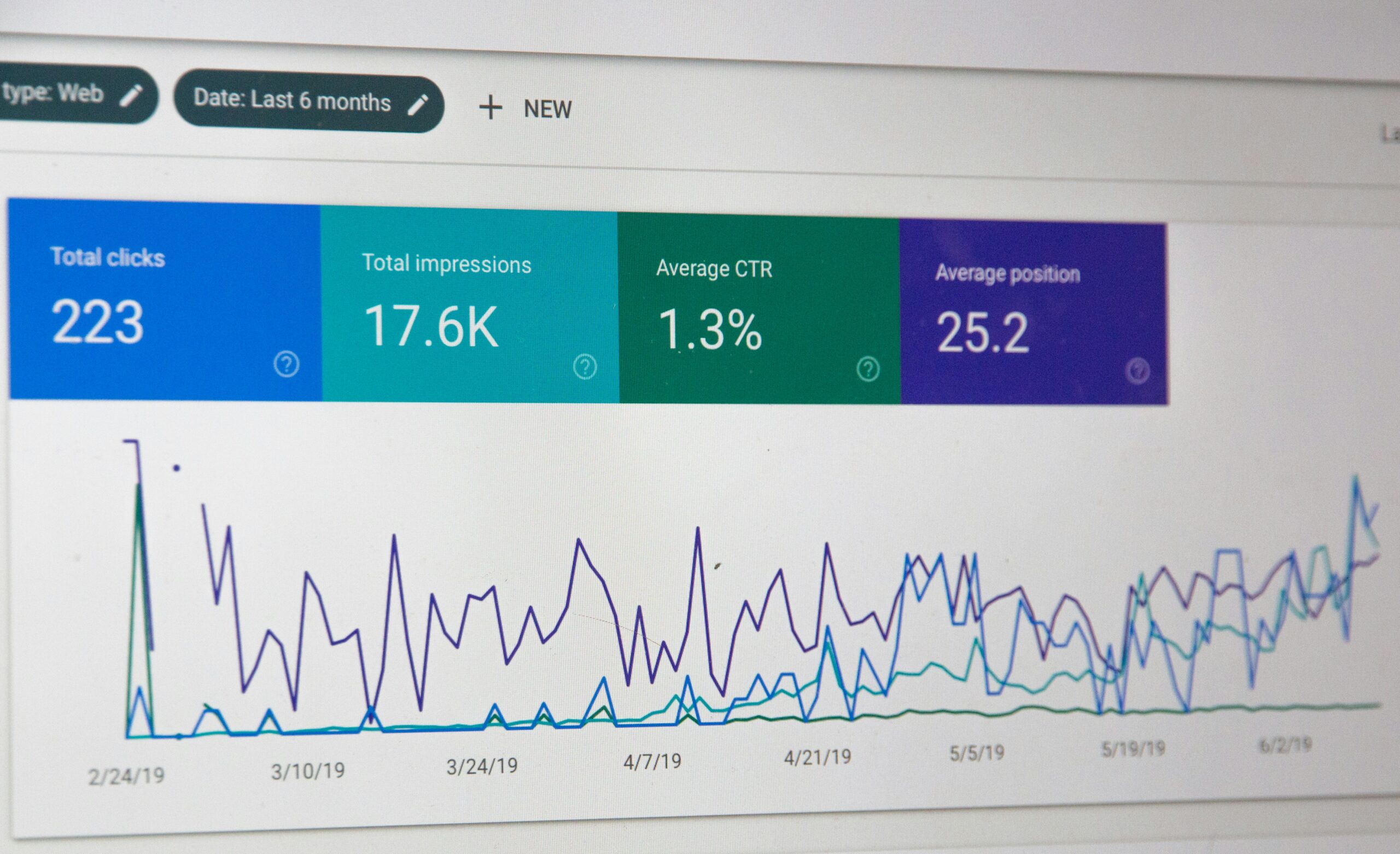As search algorithms become increasingly AI-driven in 2025, website owners are scrambling to manage a secure SEO strategy through an expanding arsenal of third-party tools, external agencies, and automated platforms just to stay visible in search results. But while businesses focus obsessively on ranking factors and algorithm updates, they’re creating a dangerous blind spot—the cybersecurity risks that come with handing over website access, sensitive data, and administrative privileges to external SEO vendors who may not prioritize digital security as much as search performance.
The rush to recover from falling rankings or to dominate competitive niches often leads to risky shortcuts. Without a secure approach, businesses risk not only Google penalties but also the exposure of proprietary data, personal information, and carefully built SEO strategies.
What Unsafe SEO Looks Like in 2025
Unsafe SEO practices in 2025 take many forms. While black-hat tactics are still common—such as keyword stuffing, cloaking, and buying backlinks from shady sources—they’re now more easily detected by Google’s advanced algorithms.
Mass-producing AI-generated content might seem like an efficient way to manage SEO strategy at scale, but it creates a digital house of cards that search engines are increasingly adept at detecting and penalizing. This content flooding approach bloats your sitemap with thin, valueless pages that trigger spam detection algorithms, while desperate link-building campaigns targeting irrelevant or low-authority domains create toxic backlink profiles that can obliterate years of legitimate SEO work in a single algorithmic update.
Many businesses now hire SEO agencies to manage link-building campaigns and strategy. However, if an agency lacks secure communication practices or transparency in its backlink sources, it could compromise both your search performance and your sensitive business data. Keyword strategies, analytics, and client information are all high-value targets for cybercriminals.
Even SEO browser extensions and analysis tools can be risky. Some collect user data and browsing behavior without disclosure, potentially leaking your entire keyword research or content plans. Just like recent botnet campaigns targeting universities, weak SEO tools can open the door to data exposure.

Core Elements of a Secure SEO Strategy in 2025
To manage SEO safely in 2025, your strategy must be built on a foundation of transparency, data protection, and adherence to best practices.
Trustworthy Backlinking: Only pursue links from high-authority websites that are relevant to your niche. Avoid shortcuts and stay within Google’s guidelines to protect your ranking long-term.
Vet Your Partners: Work only with agencies, freelancers, or tools that have verifiable reputations and demonstrate secure data practices. Ask about encryption, storage policies, and data access controls.
Audit Your Tools: If you’re using SEO software or extensions, especially free ones, review their privacy policies and consider sandboxing sensitive activity from insecure platforms.
Protecting Your SEO Data and Campaign Strategy
When you manage SEO strategy effectively, data protection becomes as crucial as keyword optimization—yet most businesses treat their SEO intelligence like public information. Proprietary keyword research, carefully cultivated backlink sources, and detailed outreach campaigns represent millions of dollars in competitive advantage that cybercriminals and corporate espionage operations actively target. One compromised spreadsheet or unsecured agency collaboration tool can hand your entire SEO blueprint to competitors, turning years of strategic work into their roadmap for market domination.
When using third-party link-building platforms like LEOlytics, ensure they have protocols in place for secure communication, campaign oversight, and user authentication. Platforms that vet publishers and maintain clean data pipelines are a safer investment in the long term.
If working with freelance writers or consultants, use NDAs to formalize confidentiality. When collaborating with AI tools or chat assistants, enable privacy features to avoid having sensitive data used in future model training.
Why SEO Security Matters More Than Ever
Successfully managing SEO strategy in 2025 means adopting a security-first mindset where digital protection ranks alongside search performance as a core business imperative. A single misstep—whether it’s trusting an unsecured SEO tool, working with a careless agency, or failing to protect proprietary keyword data—can trigger devastating Google penalties, expose sensitive client information to cybercriminals, or hand your carefully researched competitive advantages directly to rivals who didn’t invest the time and resources to develop their strategic intelligence.
As more people turn to AI tools and outsourcing, it becomes even more important to be vigilant. Avoid black-hat SEO, audit the tools you rely on, and only work with partners who respect your privacy and follow ethical practices.
Security in SEO isn’t a luxury—it’s a long-term investment in your brand’s sustainability and digital trust.





